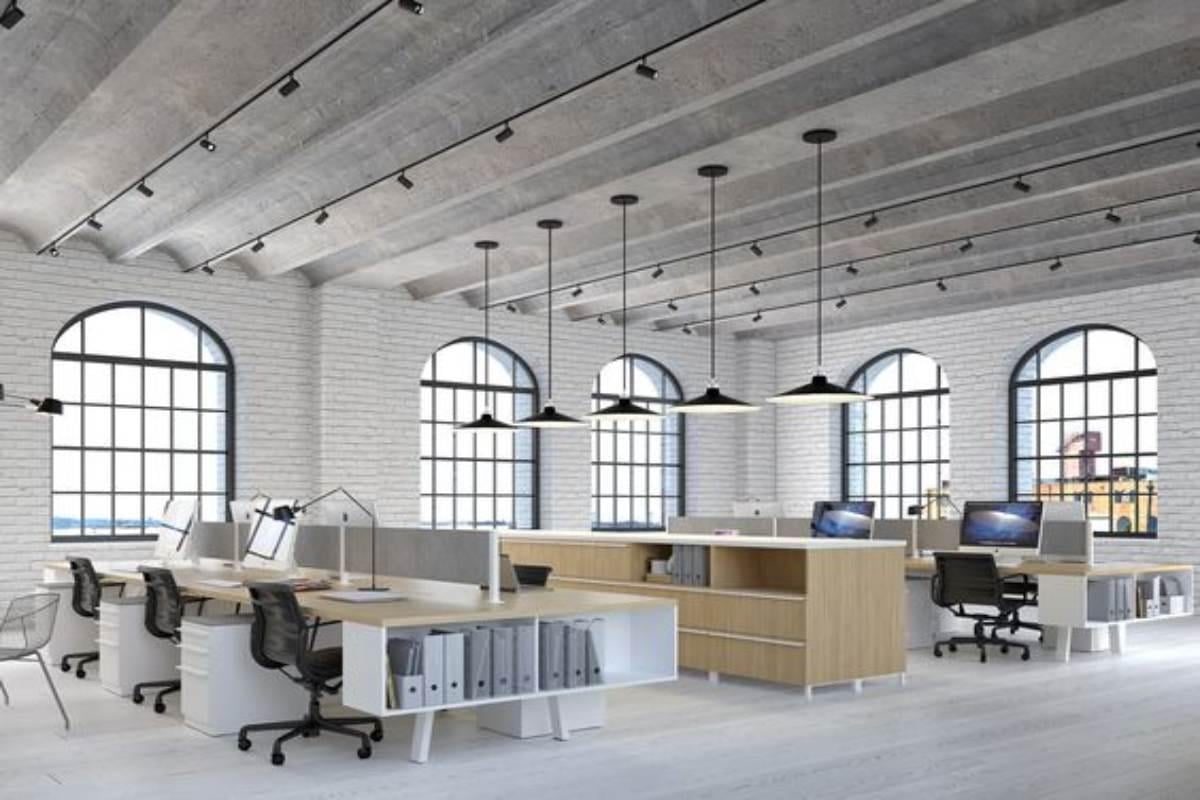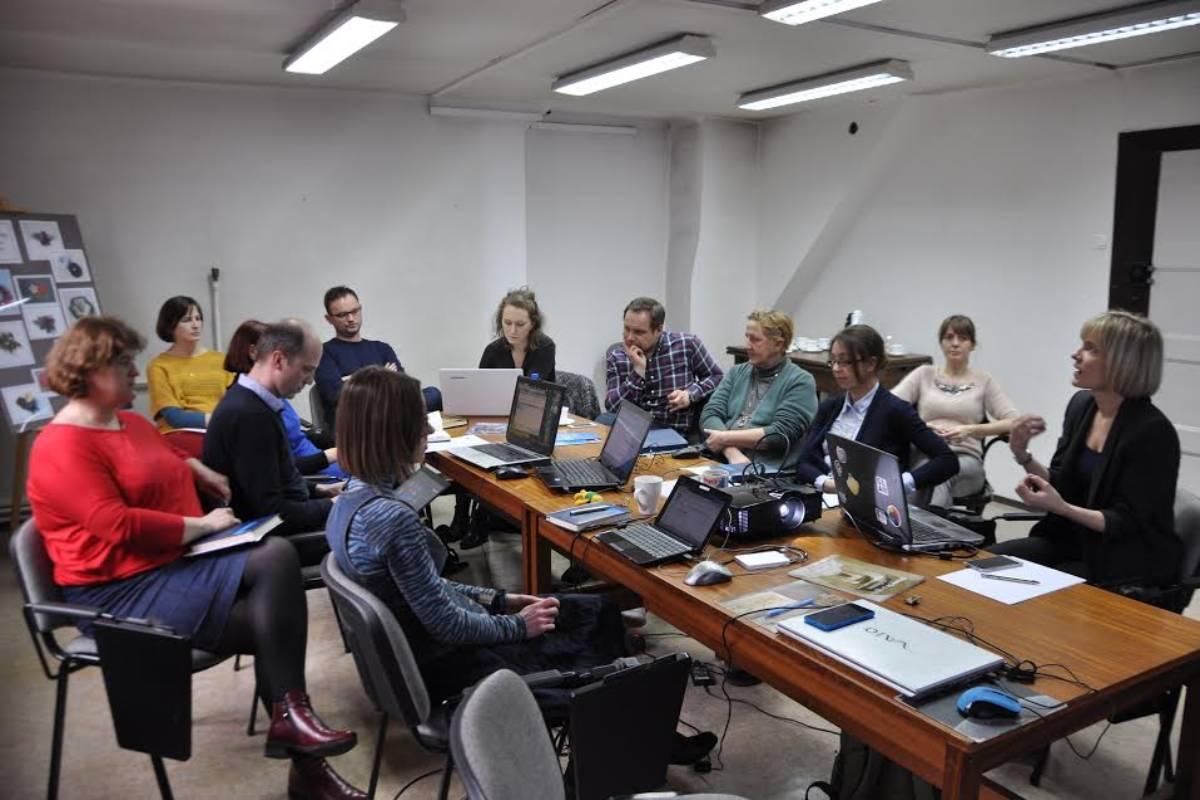Generational differences have been a common thing throughout history. It seems that every era expresses dissatisfaction with the next generation.
These differences stand the test of time because they represent the tension between the ideals of the past and those of the present. The older generations usually have some disdain for the younger ones’ ways of living.
Rethinking Work Values

In an insightful TikTok video, Demi Kotsoris examines the generational divide between millennials and Gen Z in the workplace. In her viral videos, she boldly tackles the older generations’ misunderstanding about the new way that Gen Z approaches work.
Demi emphasizes the pandemic’s influence and the impact of unlimited access to knowledge on the Gen Z generation and how this has changed their outlook. Now that they have realized how fleeting life is, they actively seek a more well-rounded and meaningful living rather than mindlessly prioritizing occupations and working long hours.
Unlocking Deeper Truths

However, Demi’s TikTok video comment section turned into a full-on flame war. Those who failed to grasp her fundamental point criticized her views as dangerous and shortsighted.
These commenters do not realize how her reactions will resonate with millions of young employees worldwide. Demi’s story sheds new light on the intergenerational dynamics of the contemporary workplace, and she did not fail to touch on the shifting values of today’s youth.
Heated Responses

Kotsoris’ video, which she posted to TikTok with the caption, “Access to information really does change your outlook and pathway or mental state lol,” generated responses across various divides.”
One of the commenters, @taylamuscatt, was in support of her views and had this to say — “We know working is a scam. Sorry, but we don’t pay the government’s wages to do the bare minimum for the people. We can’t even buy a house if we worked.”
Those Against

Many others who disagreed with Kotsoris didn’t mince words in expressing their dissenting views. @fluffydoodle222 wrote, “There are still bills to pay.” Others like @camilles990 pointed out that there are still many millennials and Gen-Zs living with their hardworking parents.
Meanwhile, @johngoodallsmith disagreed with her statement about the younger generation’s access to information making them smarter. “…it’s made them think they are smarter because it does their thinking for them,” the commenter wrote.
Diminished Rewards and Elusive Opportunities

In the past, most people were monetarily rewarded for their hard work. Baby boomers could purchase their ideal homes, provide for their families, and take exciting vacations with that additional money.
However, the current economy indicates otherwise. Rising housing expenses, more competitiveness due to education, flat income, and fewer career growth opportunities have changed the job market. Gen Zs face a more challenging climate that makes them question the American Dream and the worth of hard work.
The Pandemic vs. Evolving Employee-Employer Dynamics

The corporate climate is becoming increasingly uncertain, and few defined-benefit retirement plans remain. As union membership falls, workers get less bargaining power. The global pandemic produced a boom in early retirements.
This made young people more mindful of their mortality and prompted them to seek more flexible schedules, greater occupational satisfaction, and more income. We continue to see these shifts even as the pandemic is over.
The Need for a More-Rounded Lifestyle

Generally, millennials and Gen-Zs are more concerned with working jobs that give them a sense of purpose than job security like baby boomers were big on. Regardless, they’ll still seek flexible work arrangements that give them enough time to attend to other aspects of their lives.
In her words, “even for a lot of us, if we’ve got a workplace that is purpose-driven and they’ve got great values and they’re doing amazing work, we’re still like…I want to travel. I want to do other stuff with my life.”
Broad Generalizations

We believe that one of the reasons some commenters rejected Kotsoris’ videos is the fact that they didn’t realize that they were broad generalizations. There will always be exceptions. But this doesn’t discredit the overall correctness of her points.
Kotsoris doesn’t imply that her points are set in stone. We know that there’ll always be people whose personal experience and socialization are more in line with the general pattern of a different generation than theirs.
The Confusion It Brings

Kotsoris didn’t fail to talk about the downsides that millennials experience with their unprecedented shift in work outlook. According to her, the priority placed on work-life balance confuses the younger generation and makes them depressed.
Despite being aware of the privileges they enjoy, millennials and Gen-Zs are still confused as to why they don’t feel the zeal to work. For Kotsoris, the resin is simple— “we don’t place the same value that was drilled into us before on that.”
